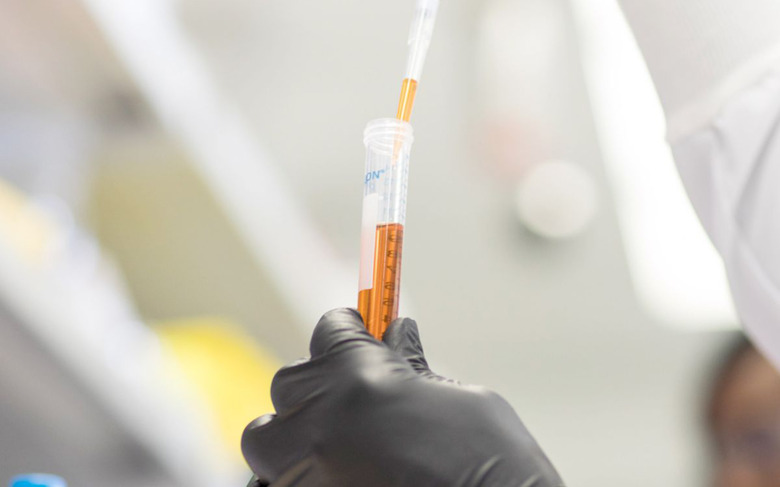It's Looking Even More Likely We'll Need Yearly COVID-19 Shots
Annual COVID-19 vaccinations are probably going to be necessary to keep coronavirus at bay, Pfizer's CEO has suggested, and indeed even that may not be enough as the population gets to grips with the extent of the disease and its variants. The warning further dashes hopes that getting immunized this year will be a long-term preventative for serious cases of the potentially deadly illness.
The US has accelerated the vaccination process, and 181 million adults in the country have reportedly received at least one dose as of Wednesday, April 14. Still, the reality is that – much like flu shots – this may just end up being a yearly event.
Given the immediacy of the pandemic, there's a dearth of long-term research about the lasting effects of the COVID-19 vaccines on offer at present. Earlier this month, Pfizer research suggested that immunization efficacy lasted at least six months, as the pharmaceutical company continued to monitor the antibody response of those given its vaccine. Beyond that, however, there may be more shots in our future.

Asked about the potential for the COVID-19 vaccine to be a yearly requirement, Pfizer CEO Albert Bourla admitted the full obligations were still unclear at this point. "We need to see what would be the sequence, and for how often we need to do that, that remains to be seen," he told CNBC. "A likely scenario is that there will be likely a need for a third dose, somewhere between six and 12 months and then from there, there will be an annual revaccination, but all of that needs to be confirmed. And again, the variants will play a key role."
It's not the first time we've heard such a warning. Back in February, Johnson & Johnson's CEO, Alex Gorsky, also raised the possibility of annual immunizations against COVID-19.
Meanwhile, the White House is working on the principle that booster shots will be required. Although the government's health advisers admit that there's insufficient evidence either way quite yet, they're advocating planning for a worst-case scenario where more injections are needed.
Booster shots are already being developed by the big pharma firms, as they prepare to deal with an increasing number of coronavirus variants. So far, initial tests have suggested that the current drugs – including those from Pfizer and Moderna – are able to deliver a solid protection from some of the mutated viruses that have been identified in the UK, South Africa, and elsewhere. However the expectation is that more variants will arise, and some could prove to be more virulent and more dangerous.
